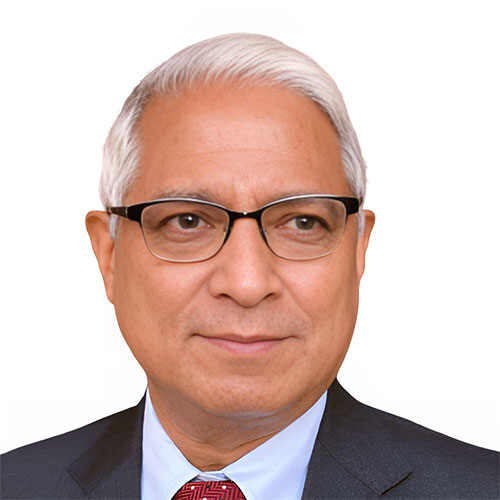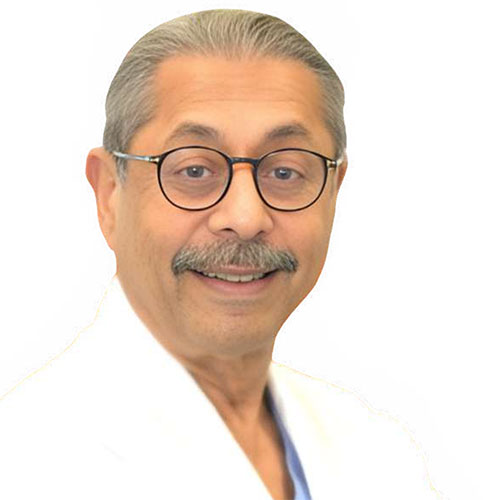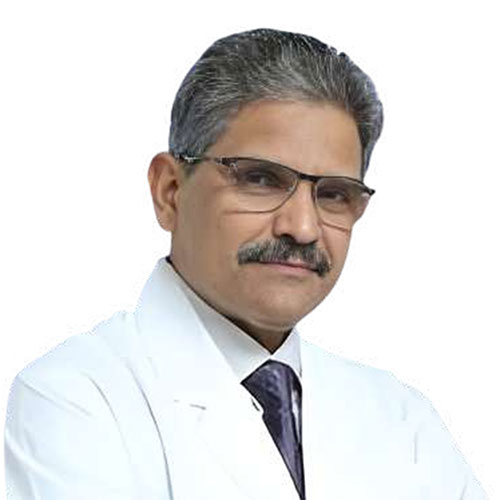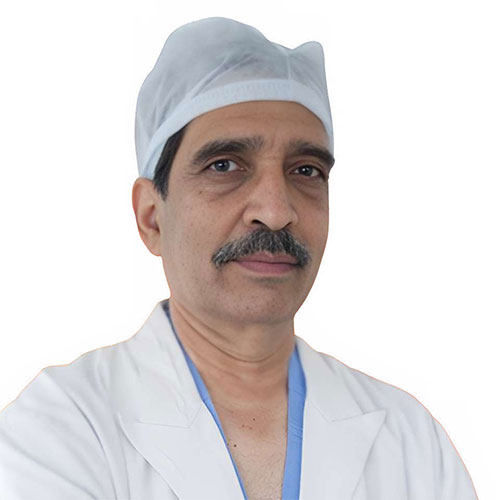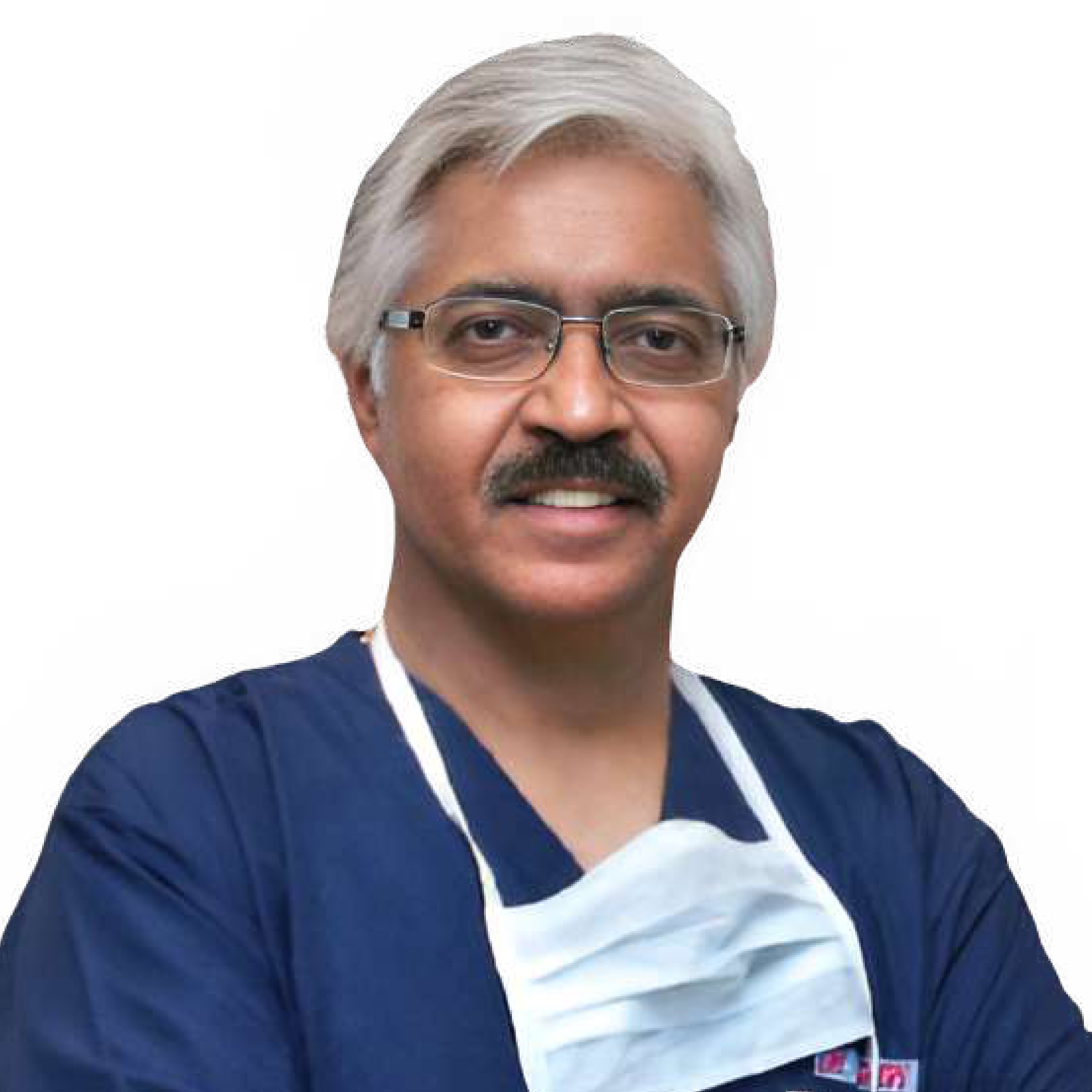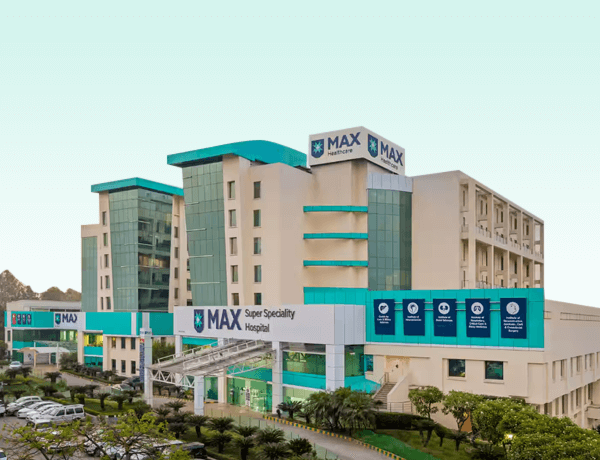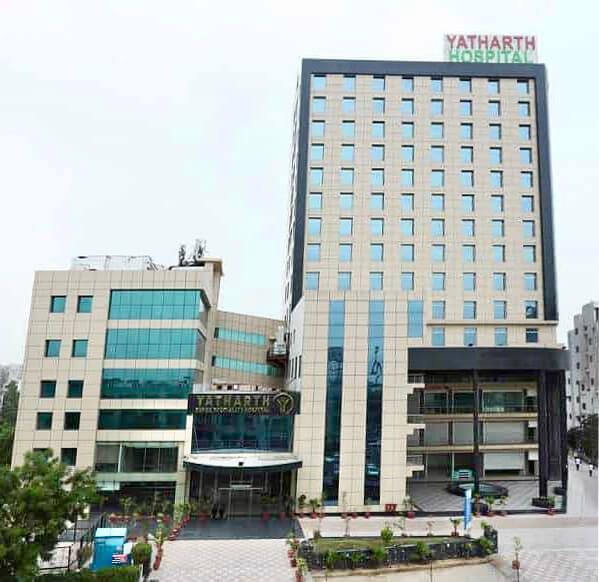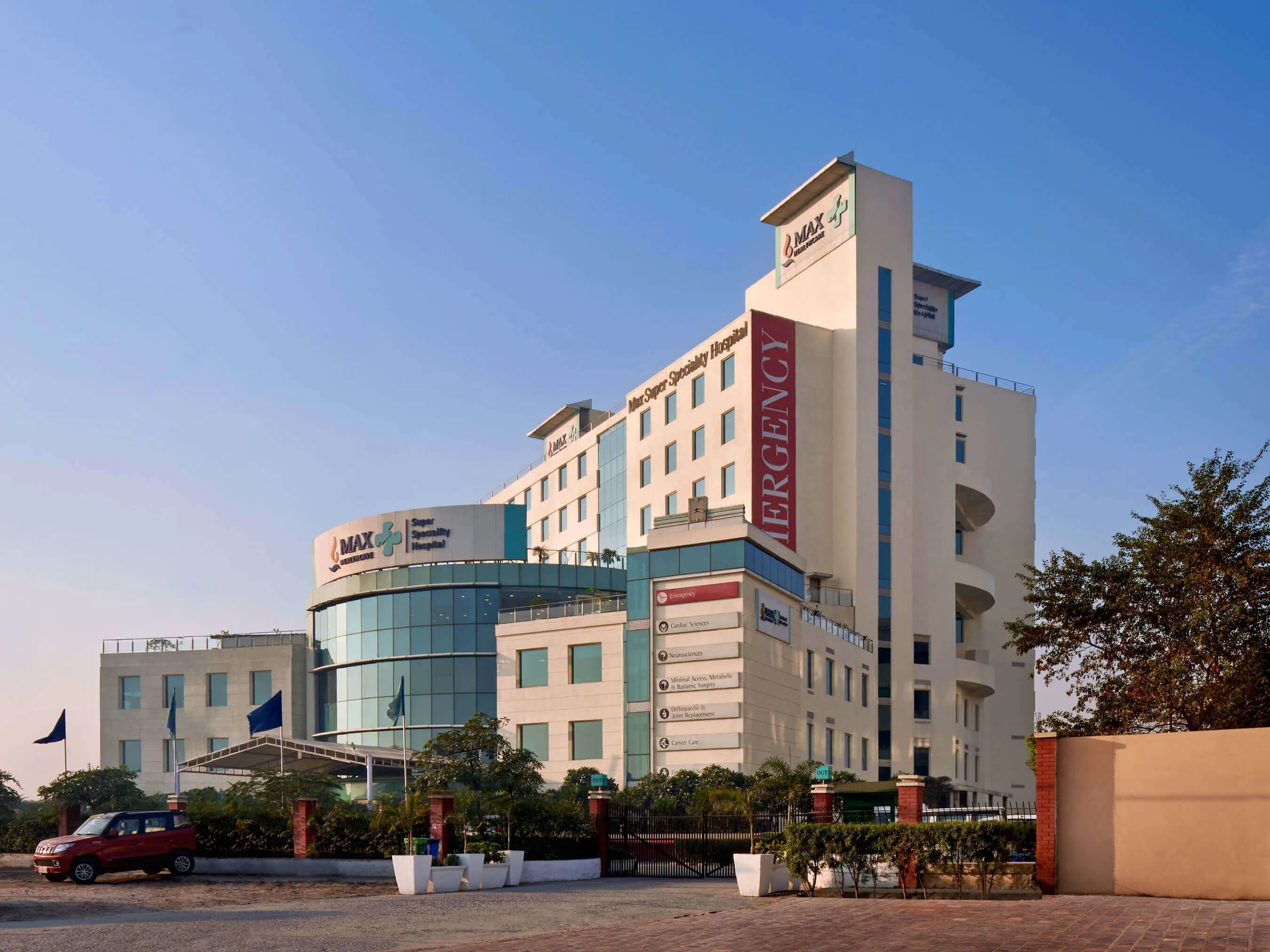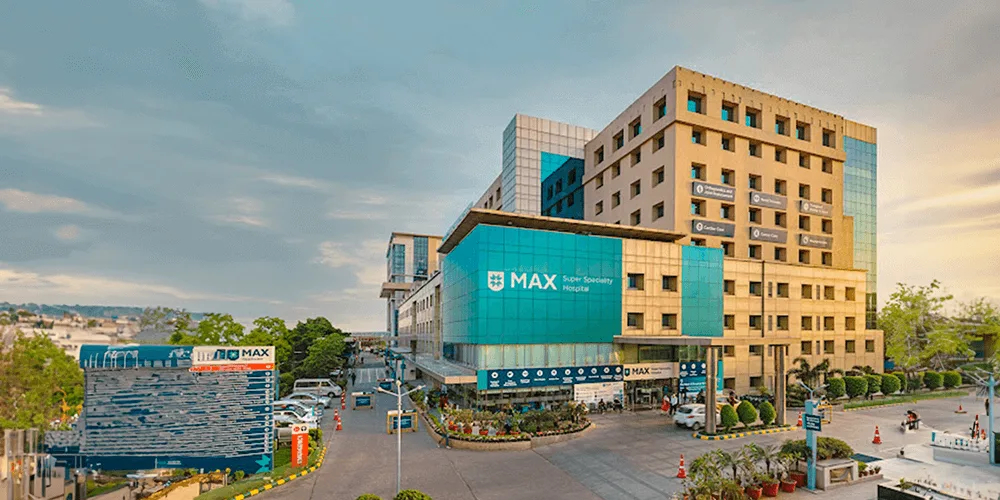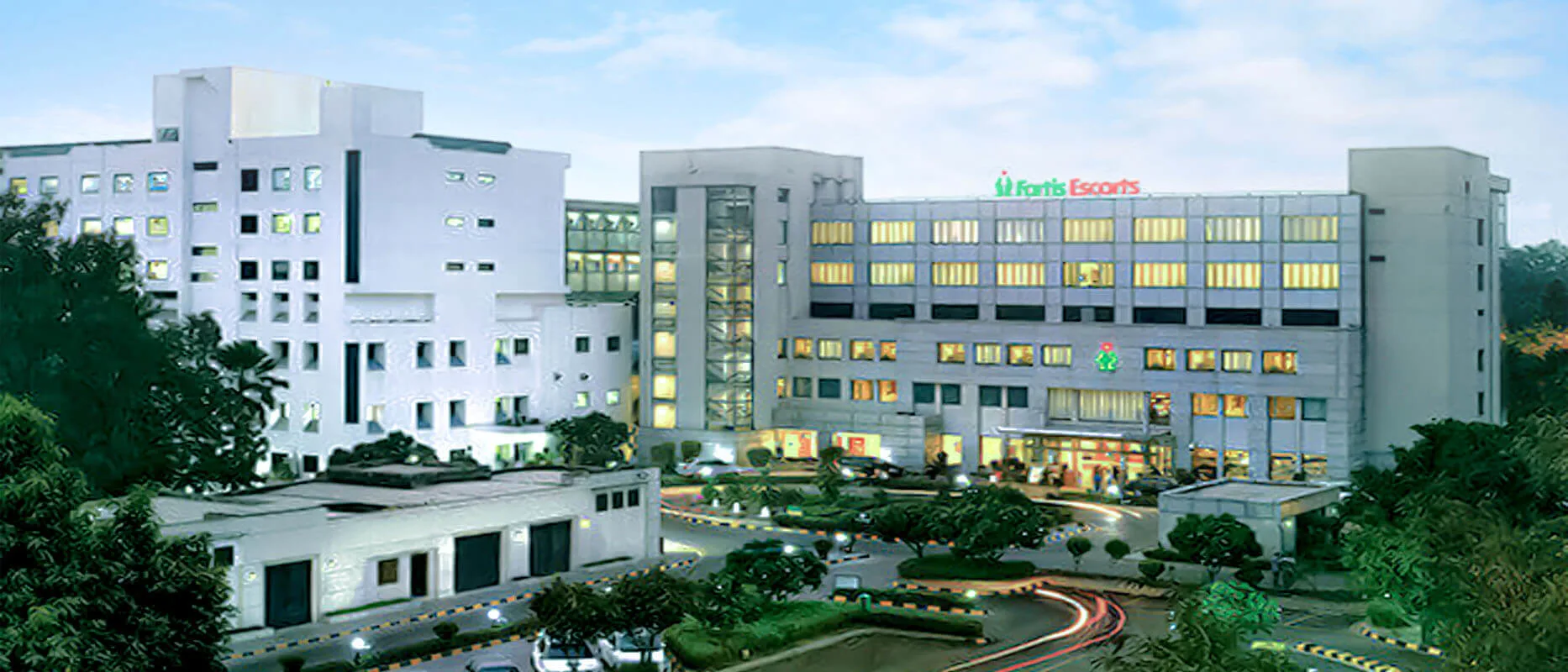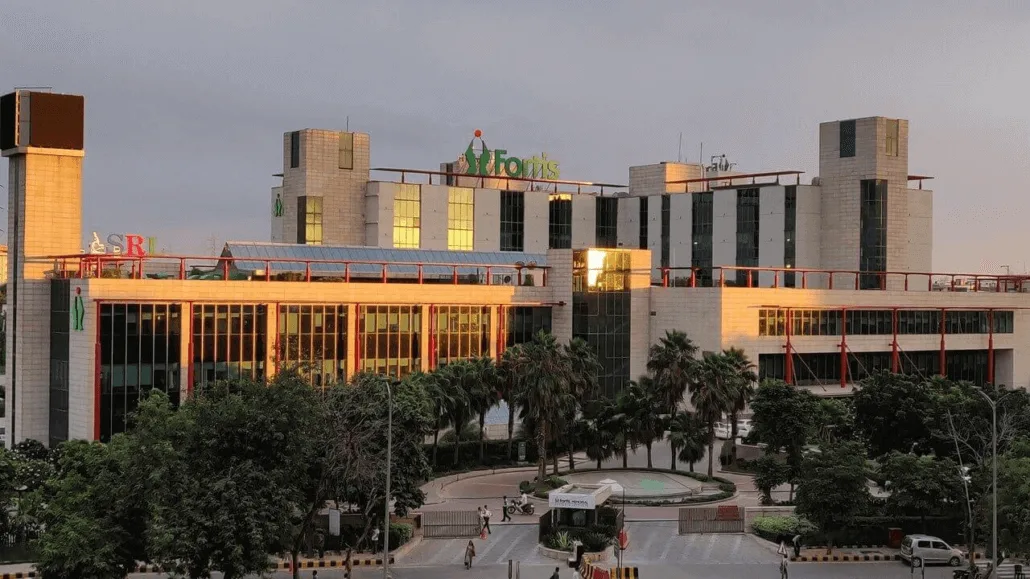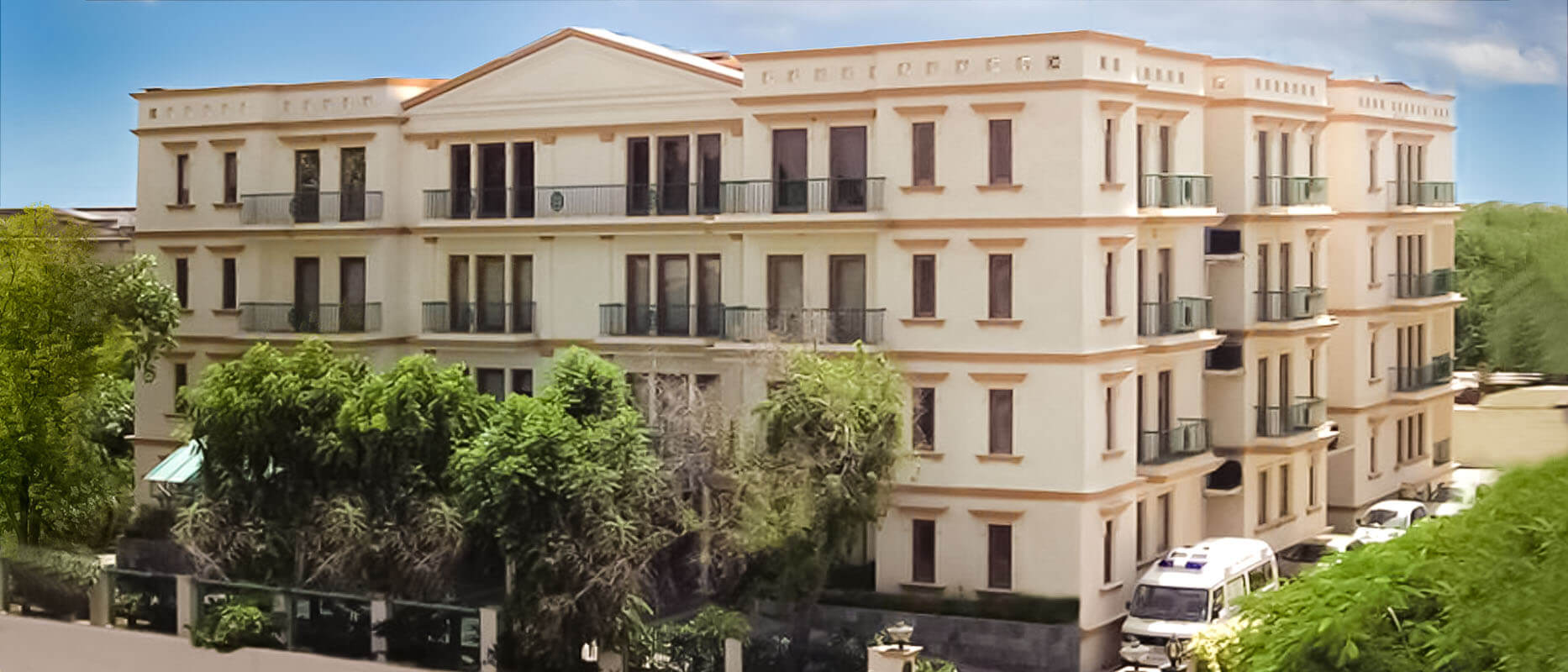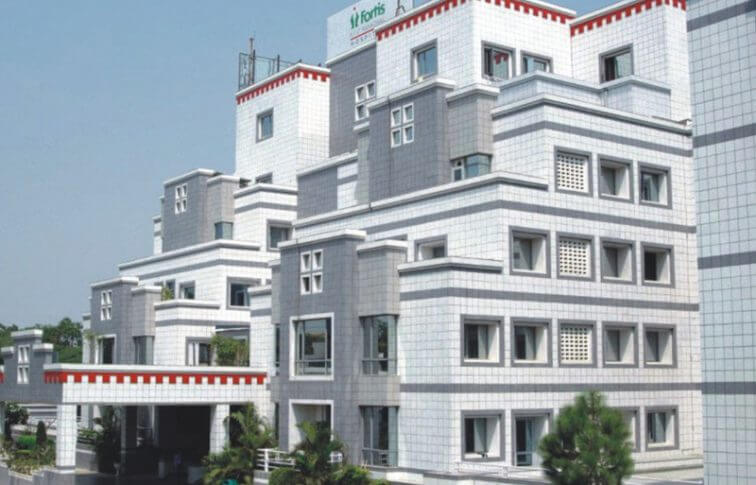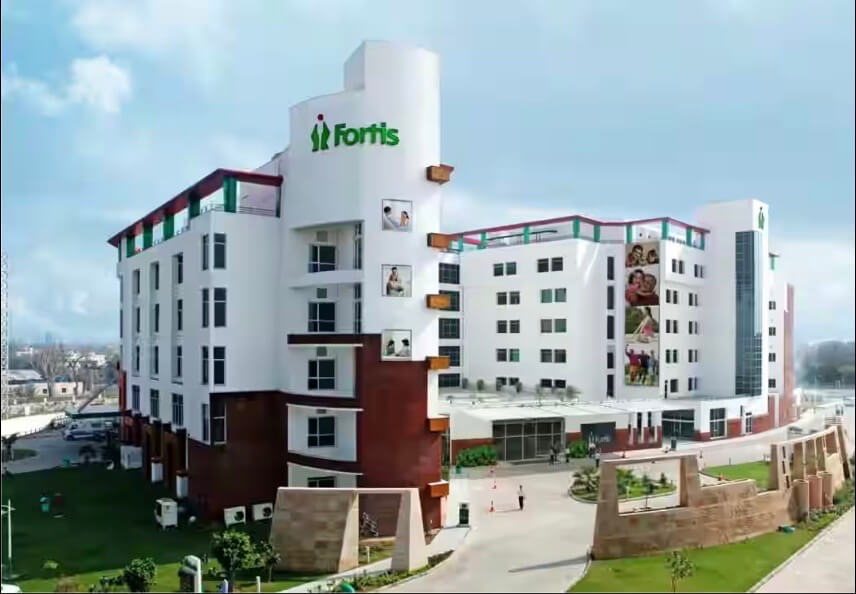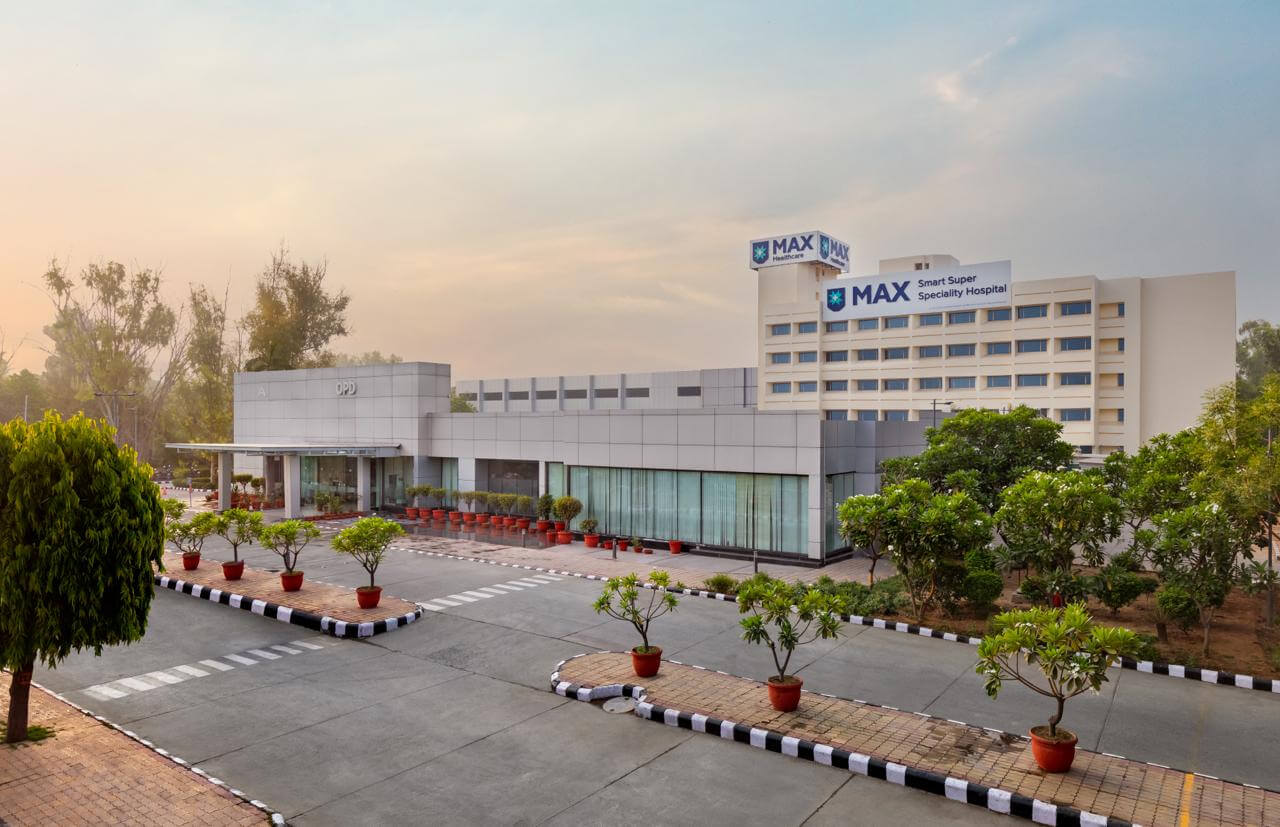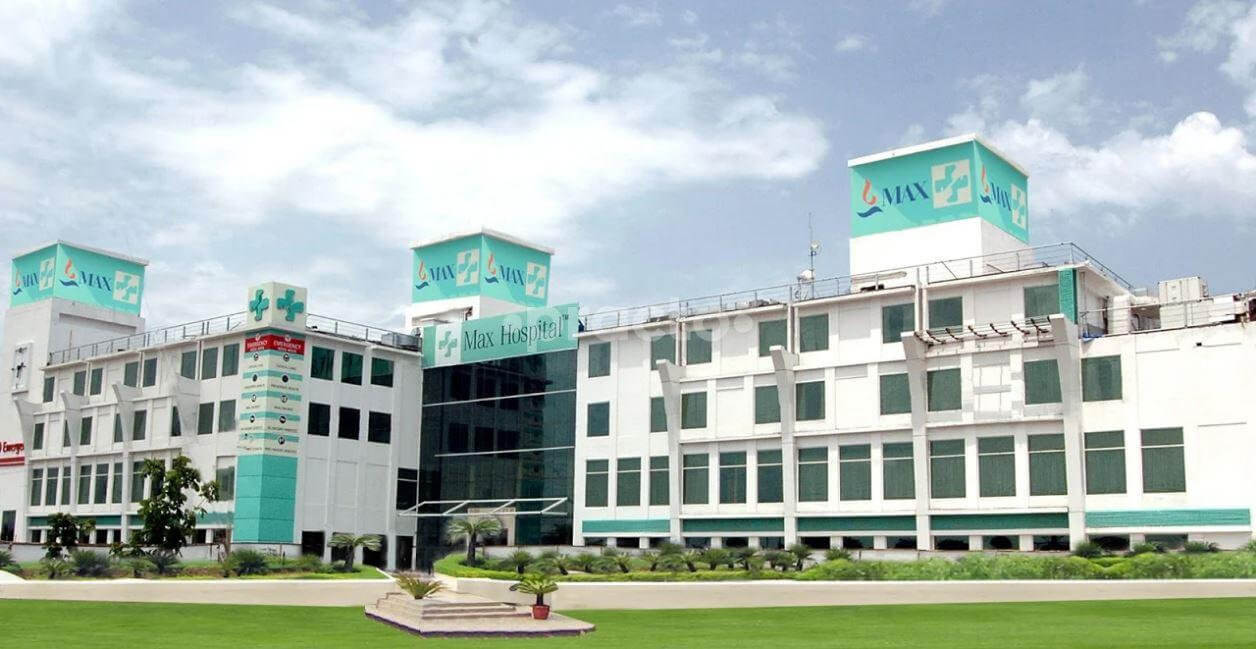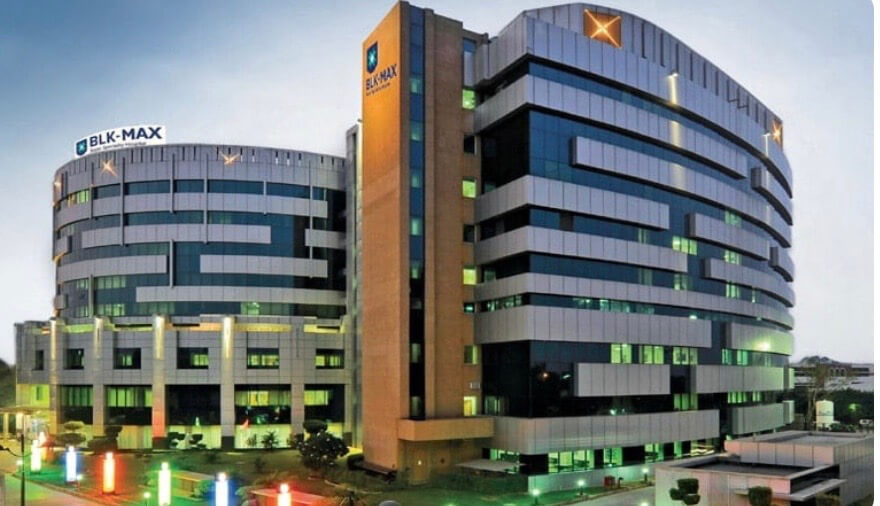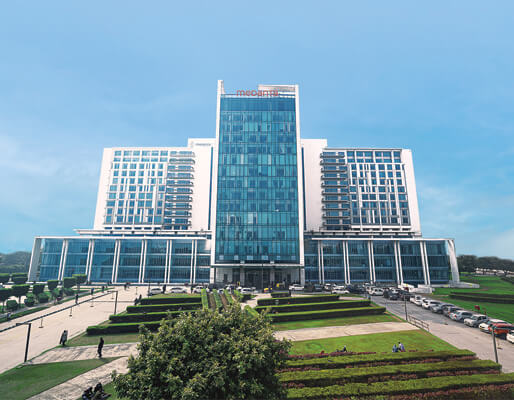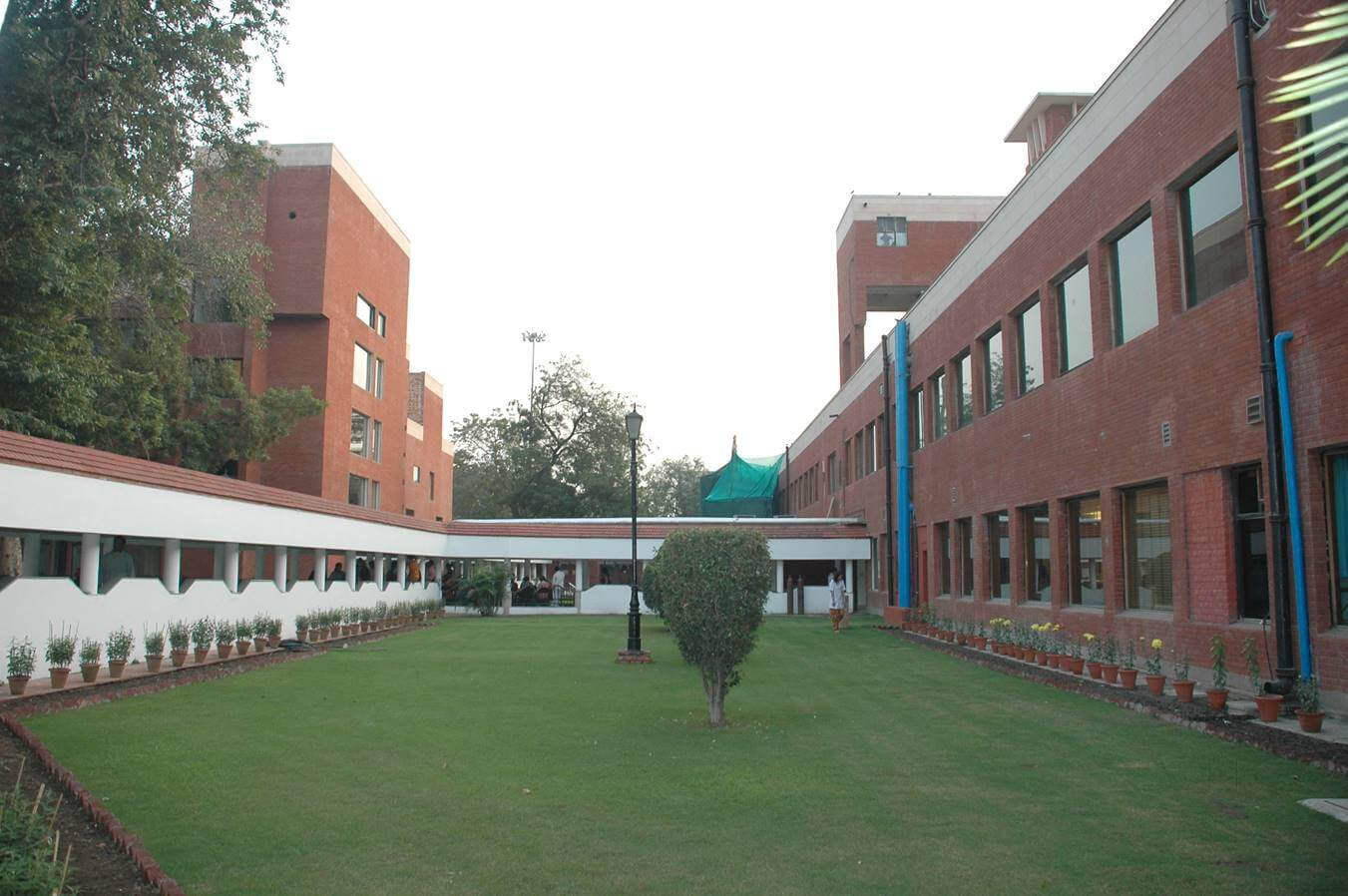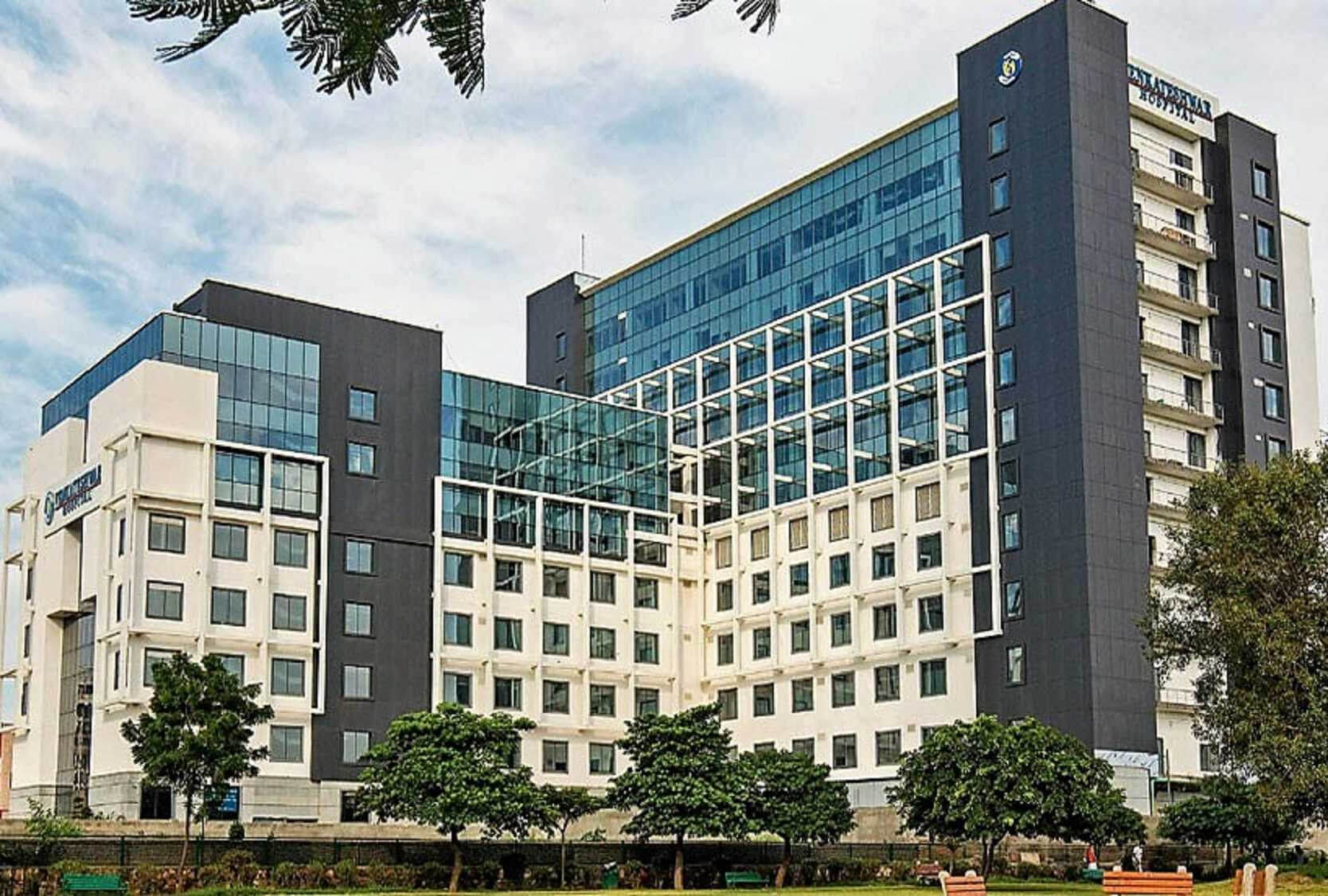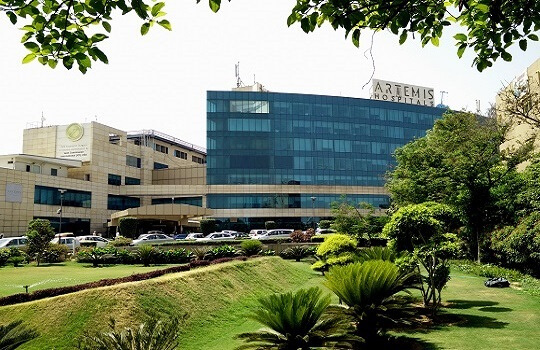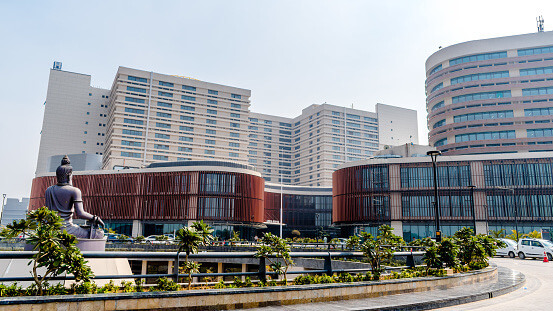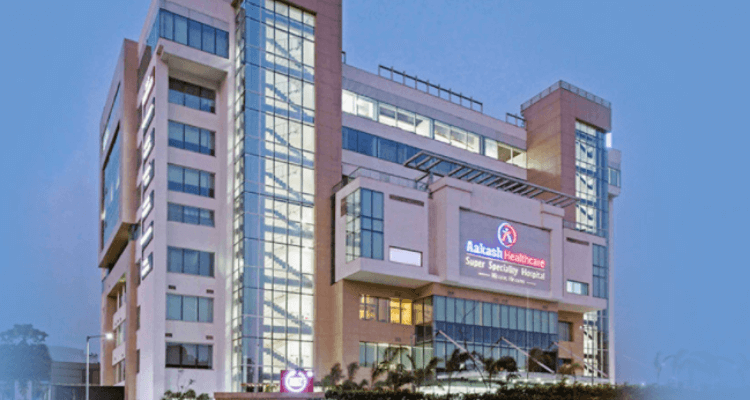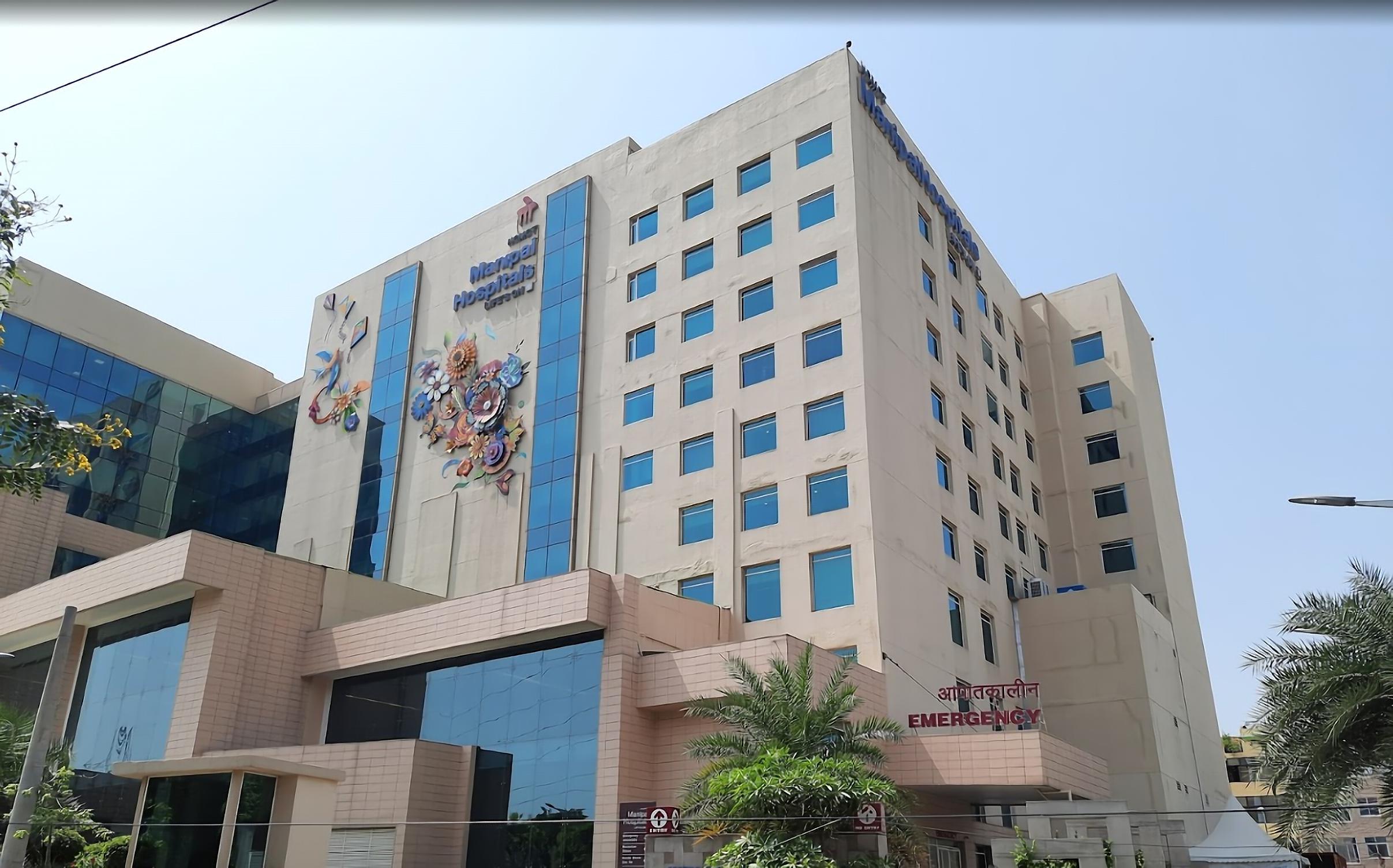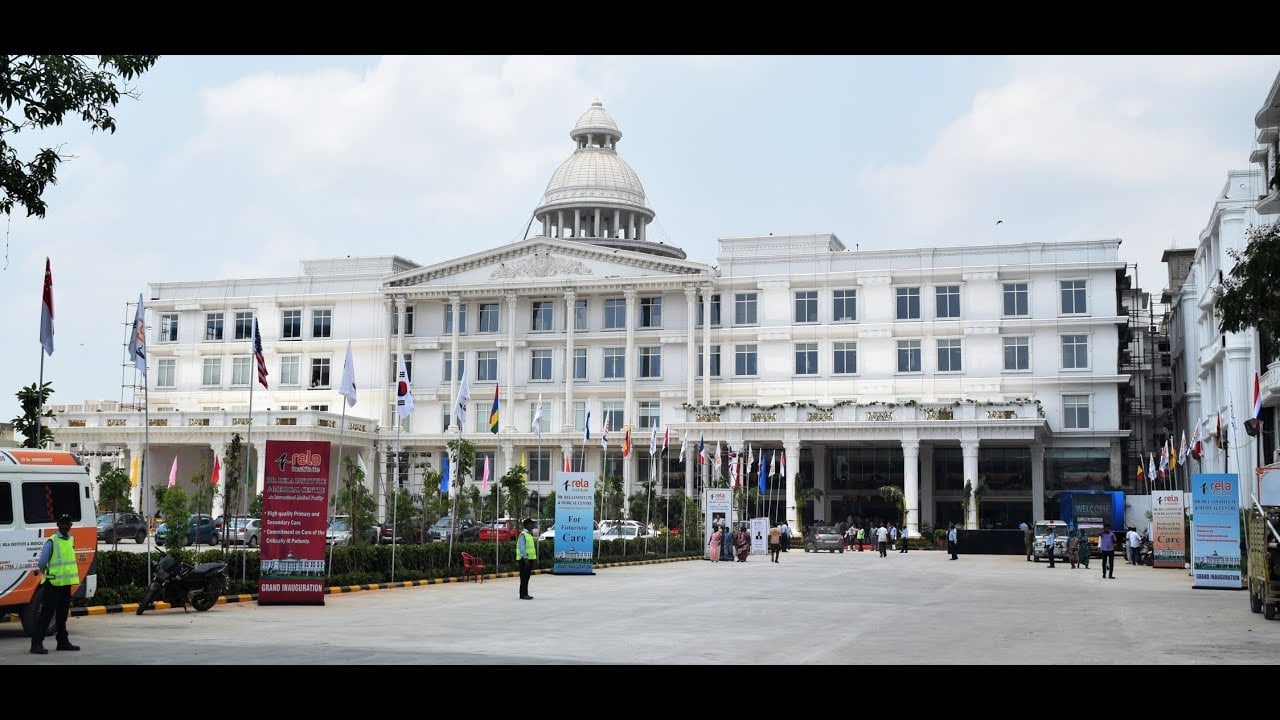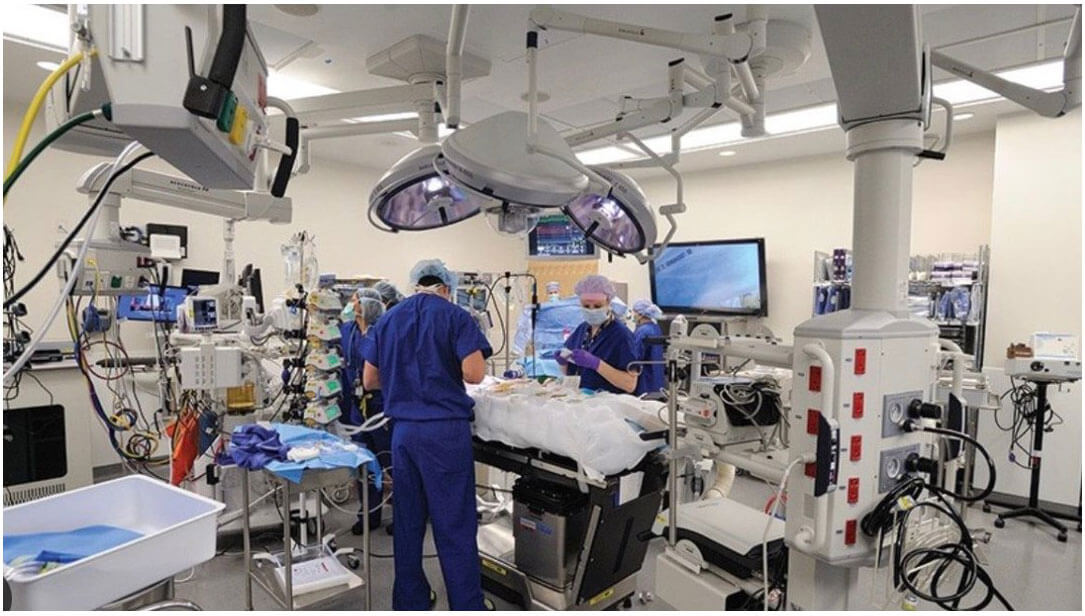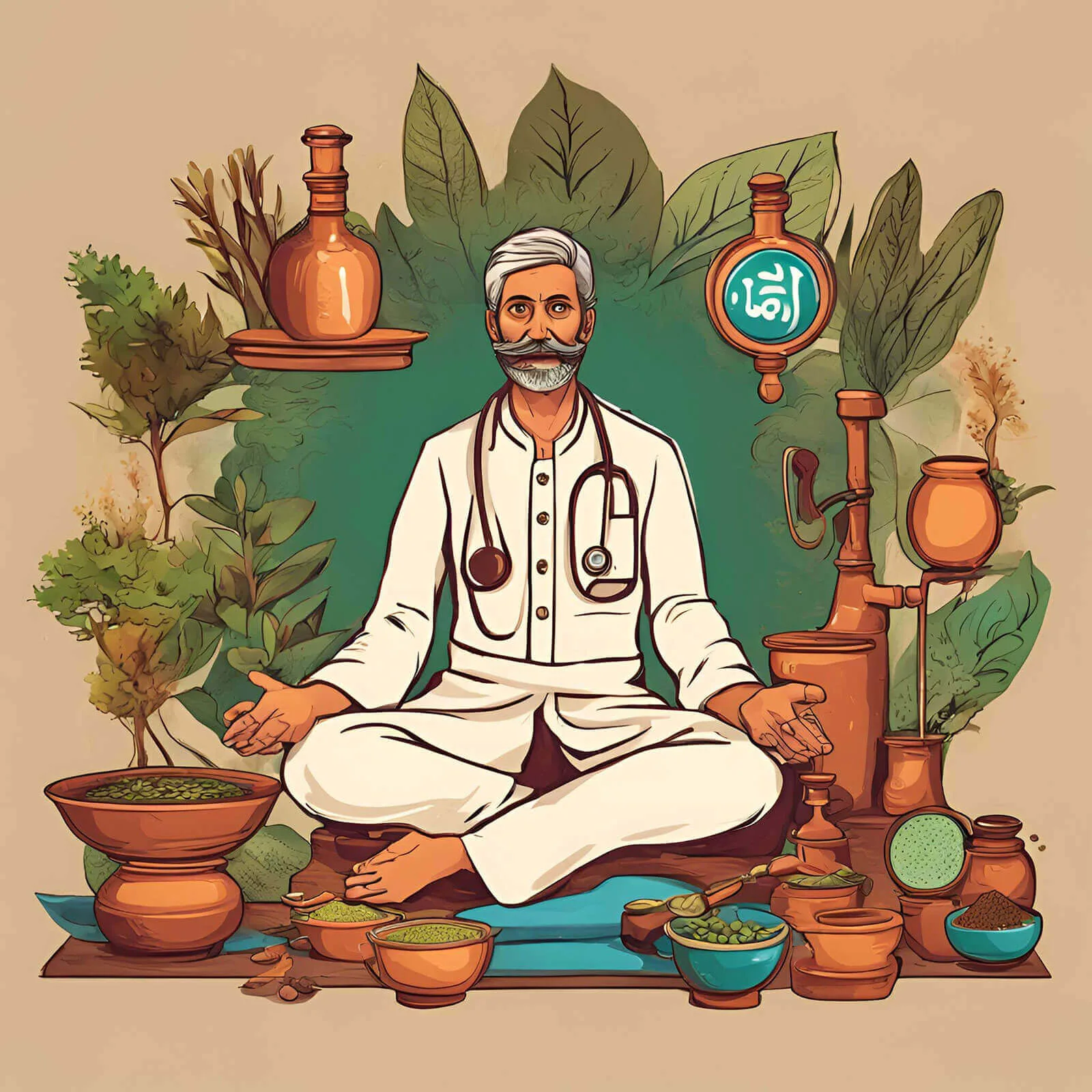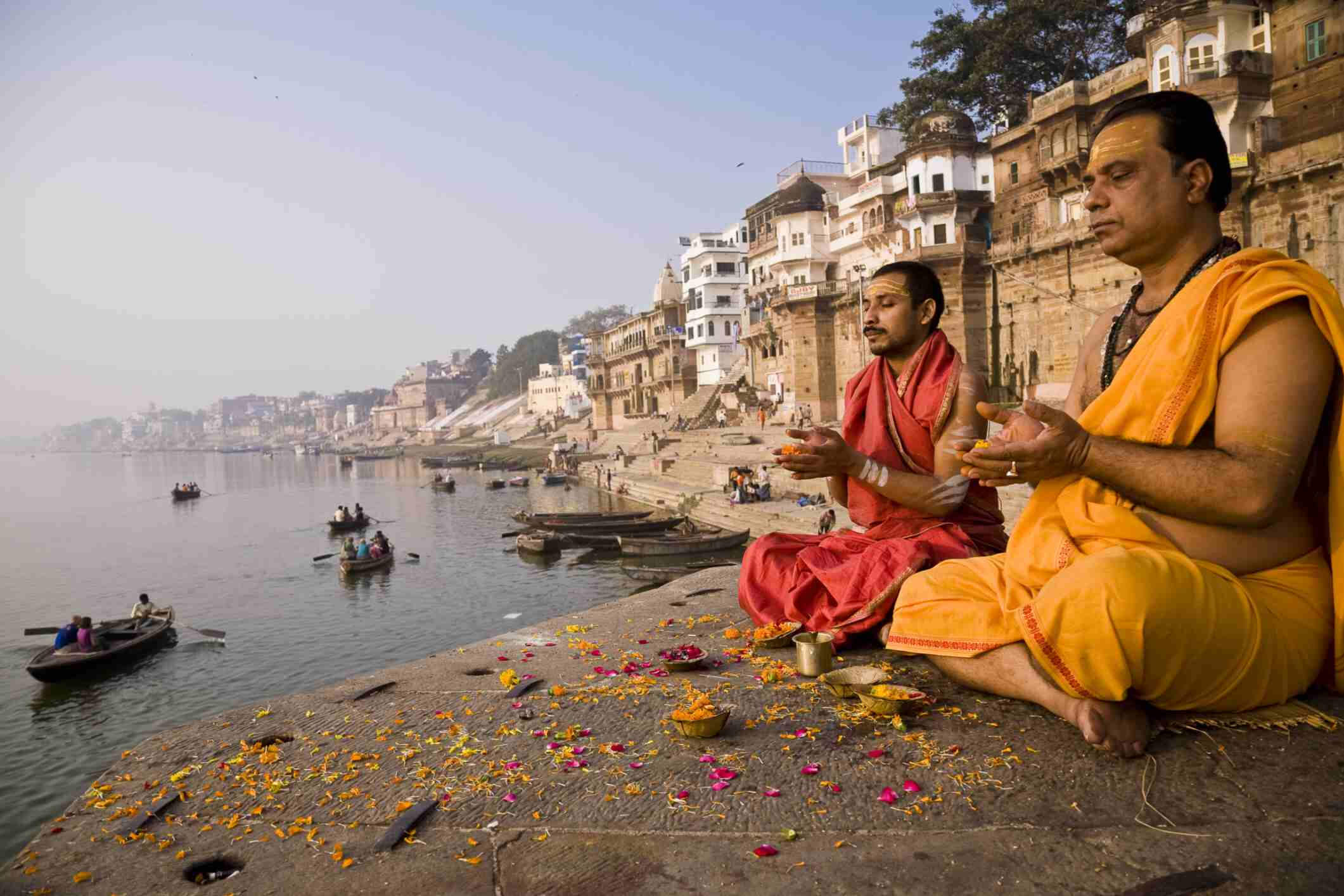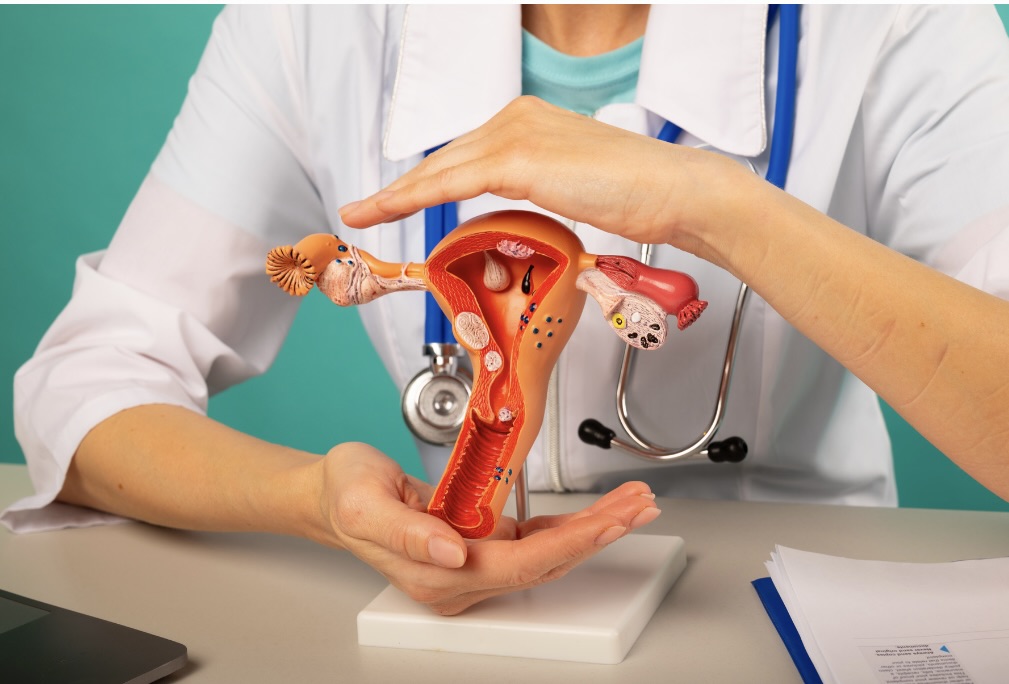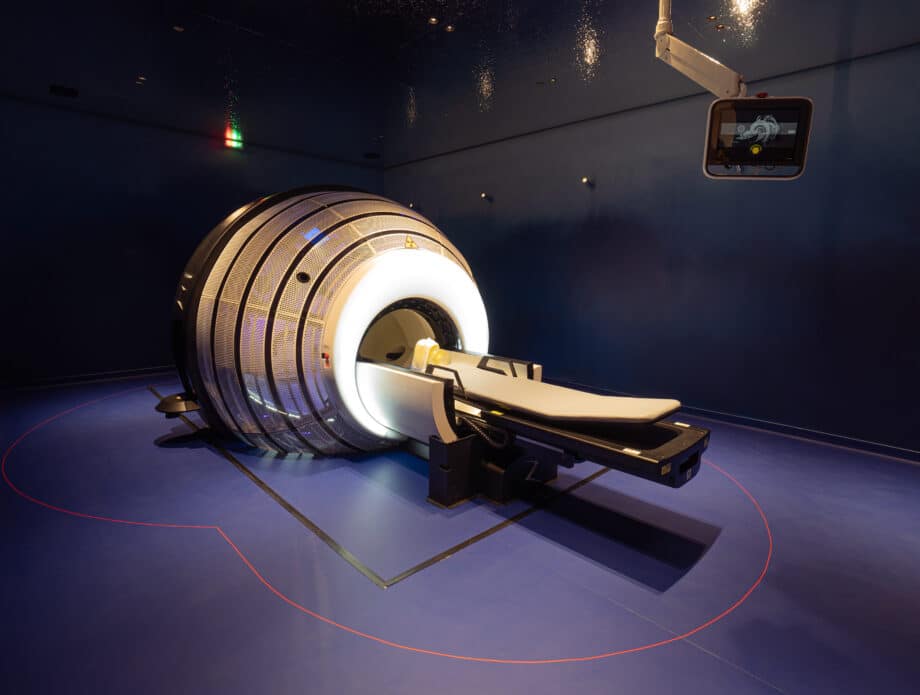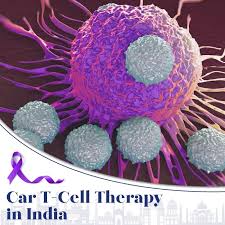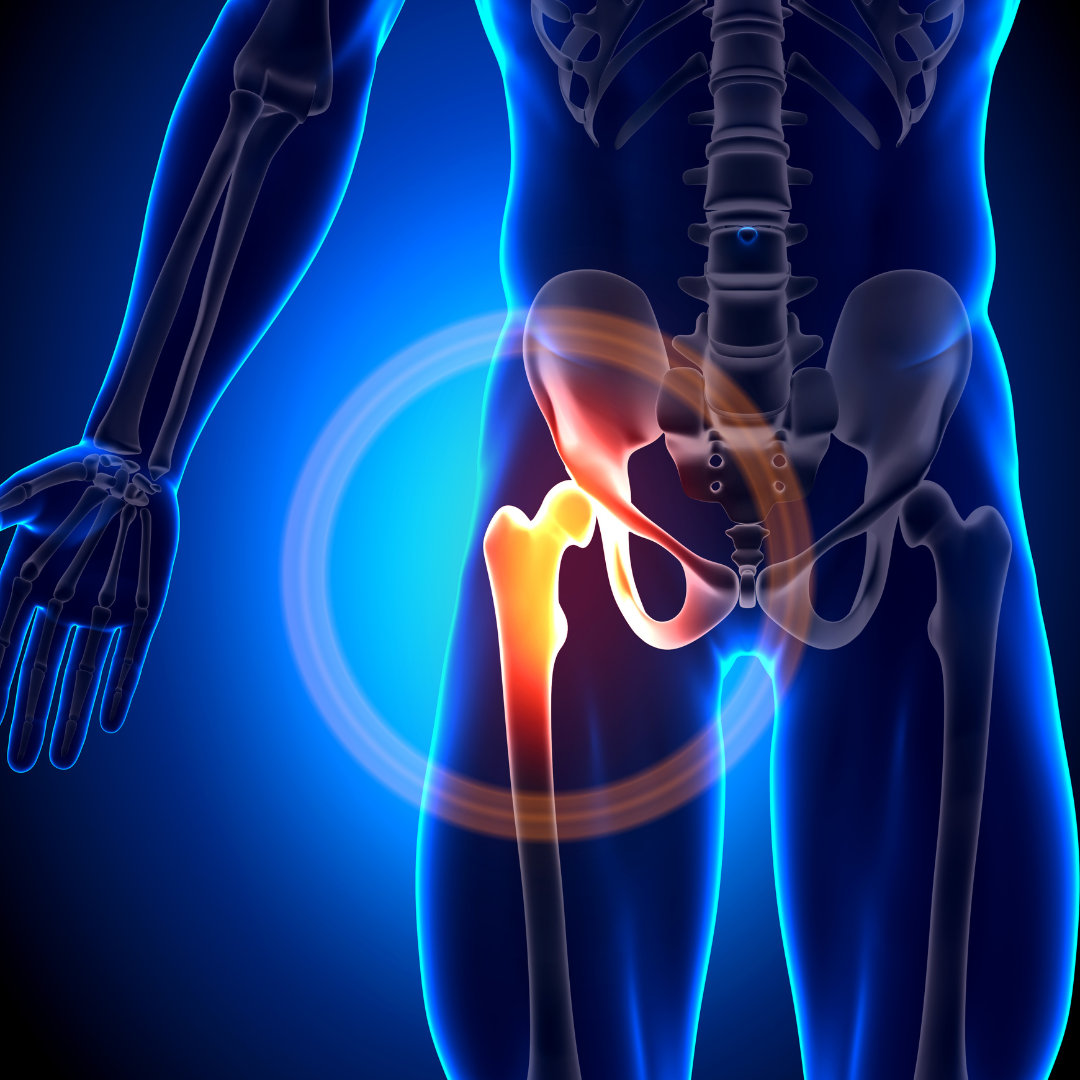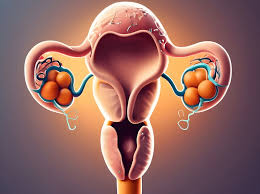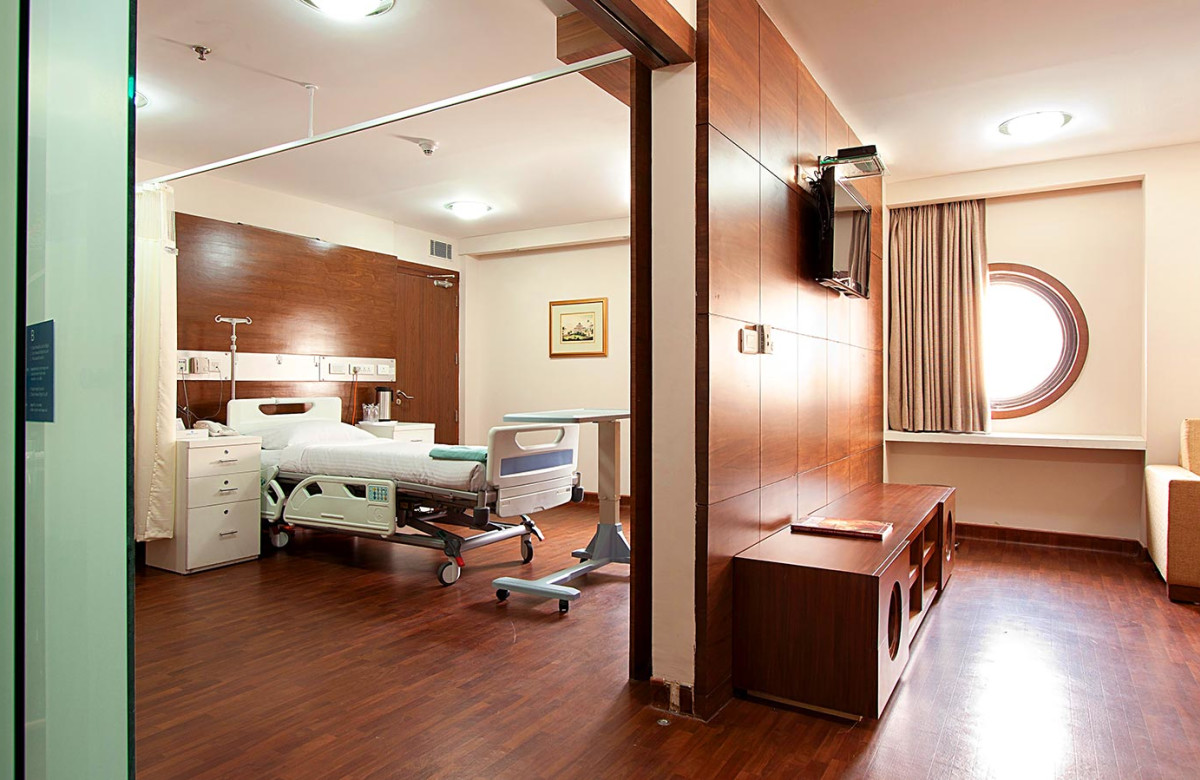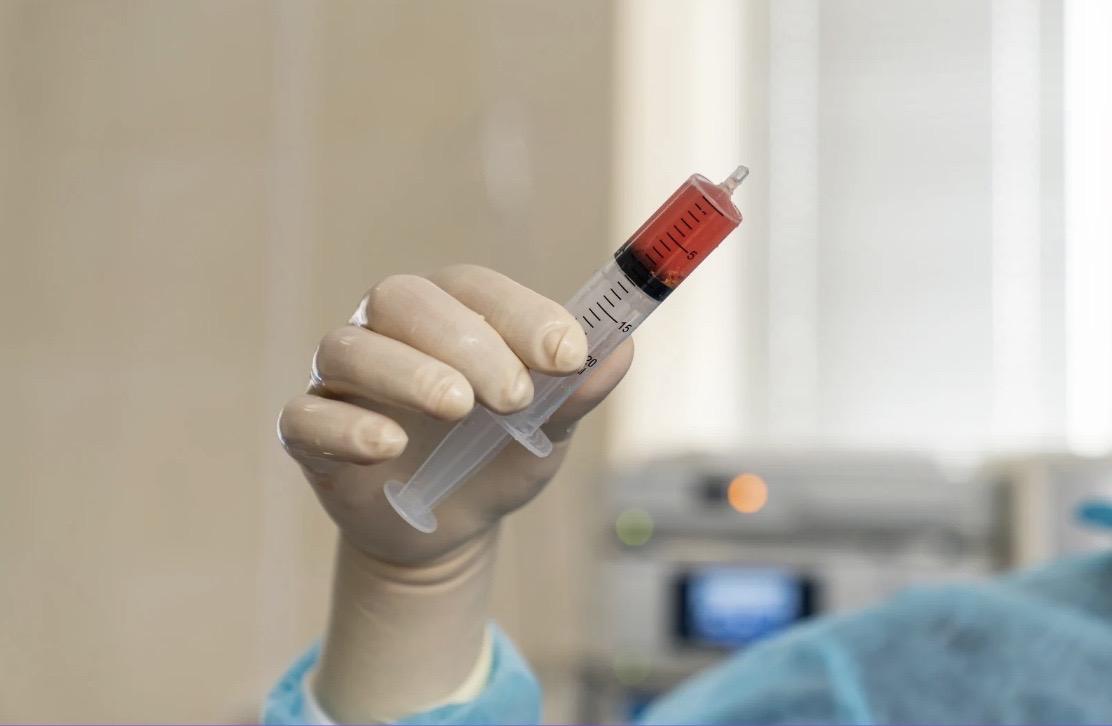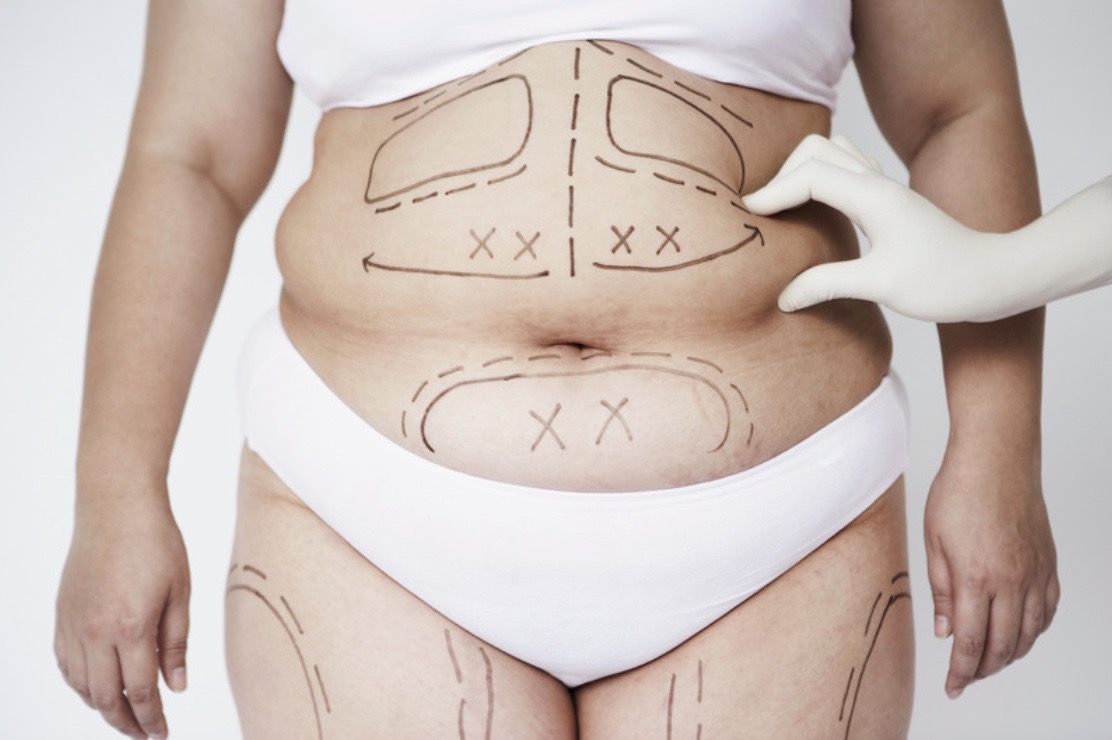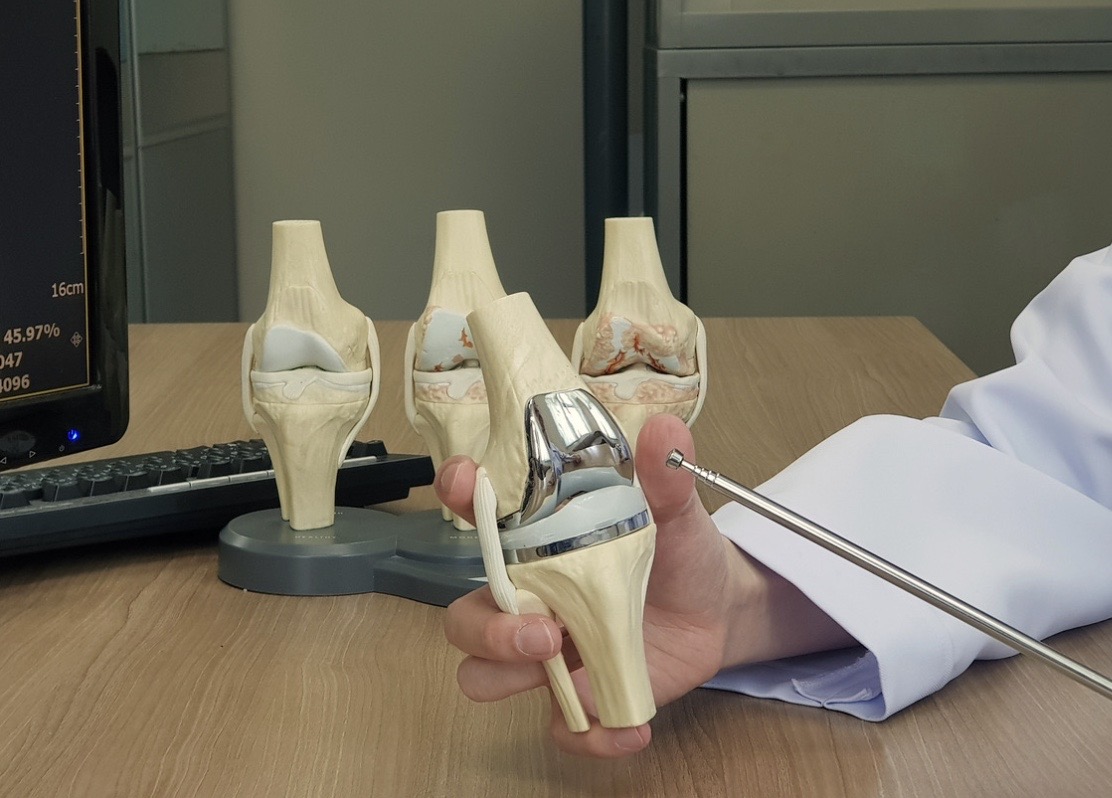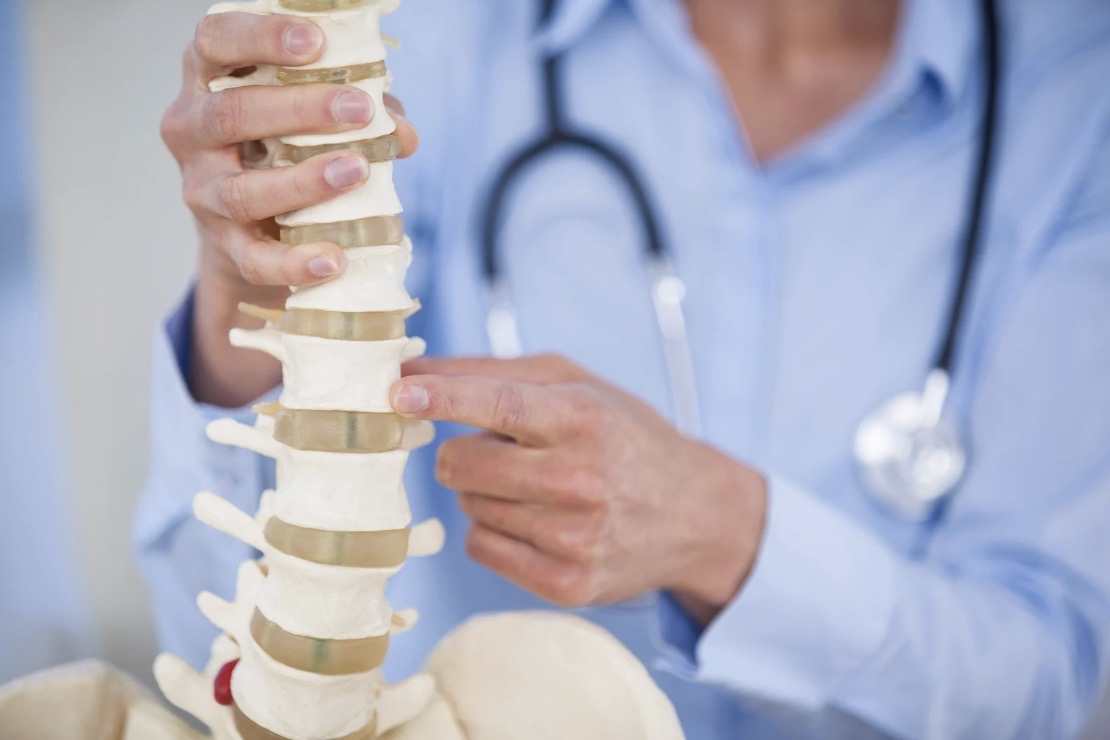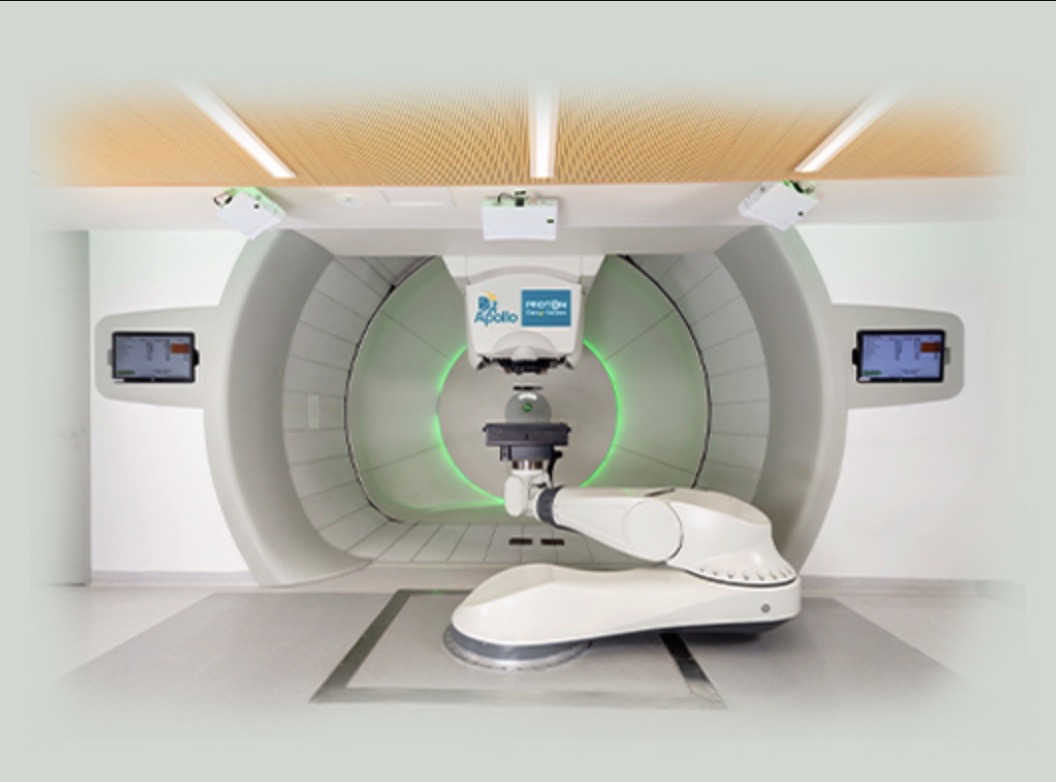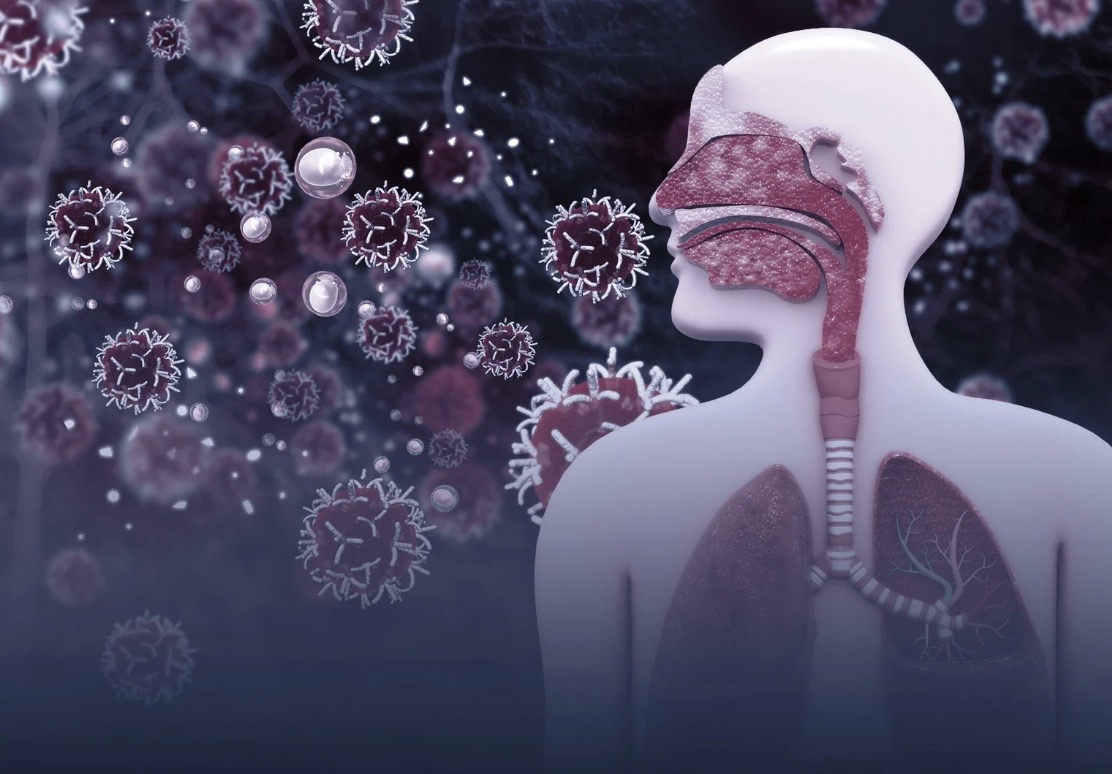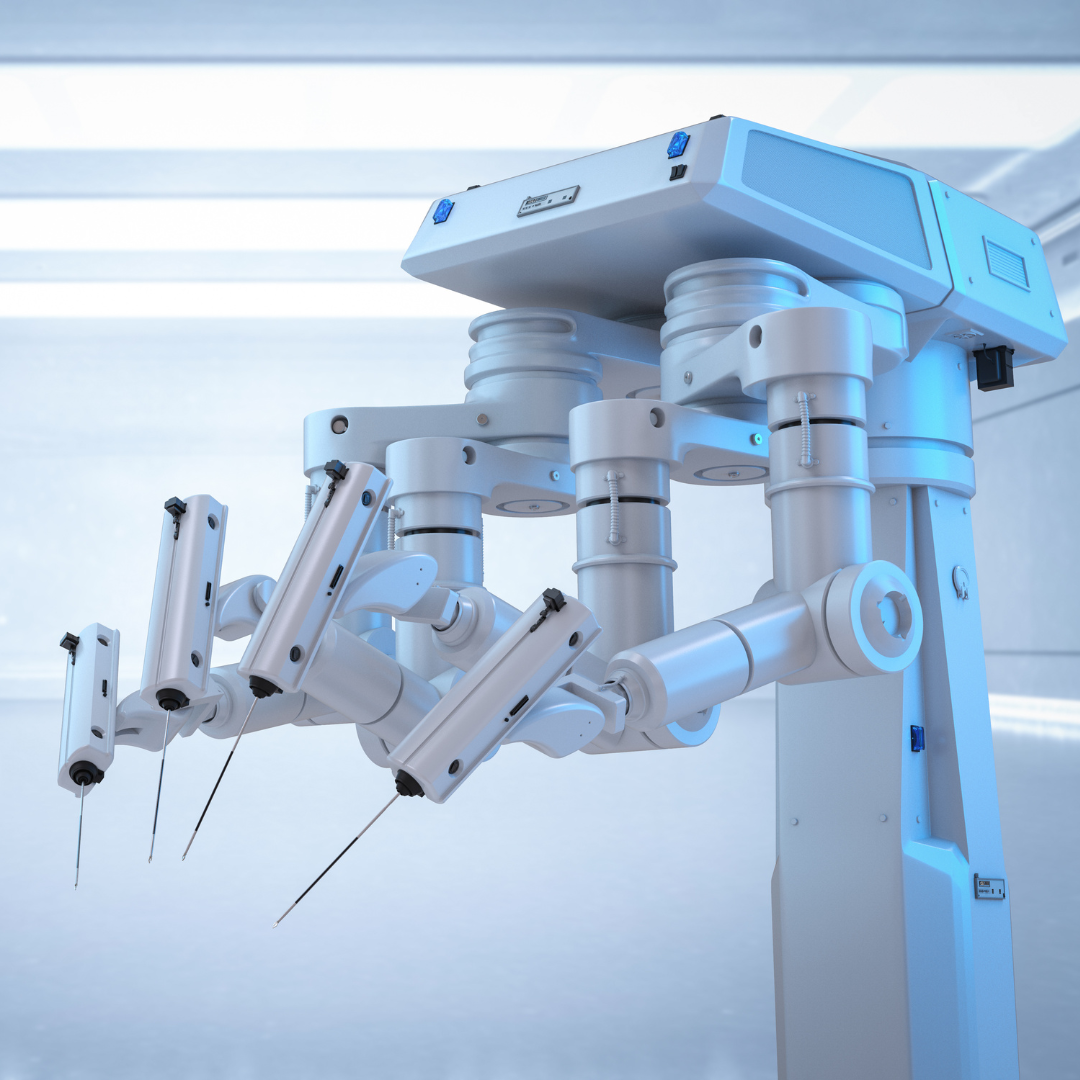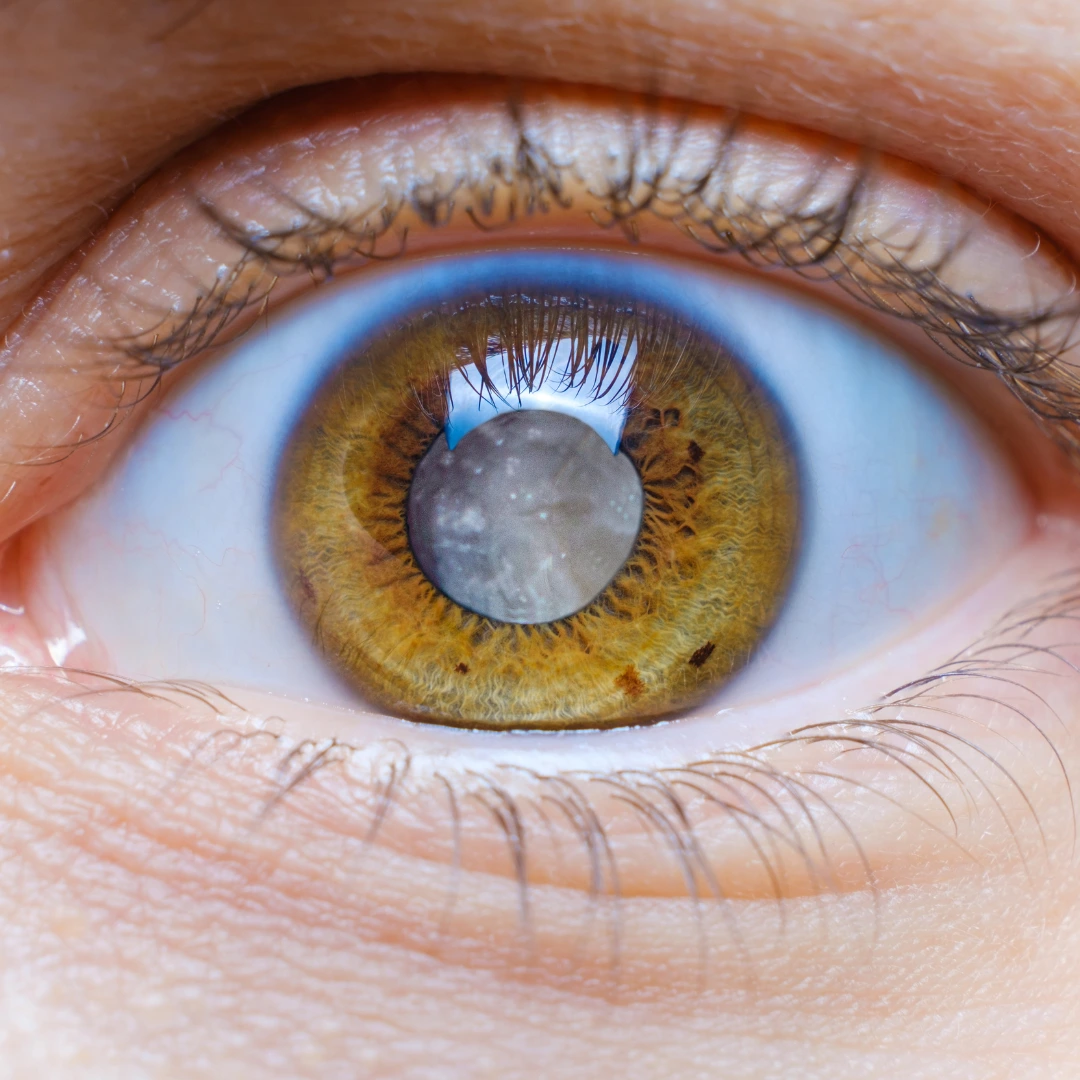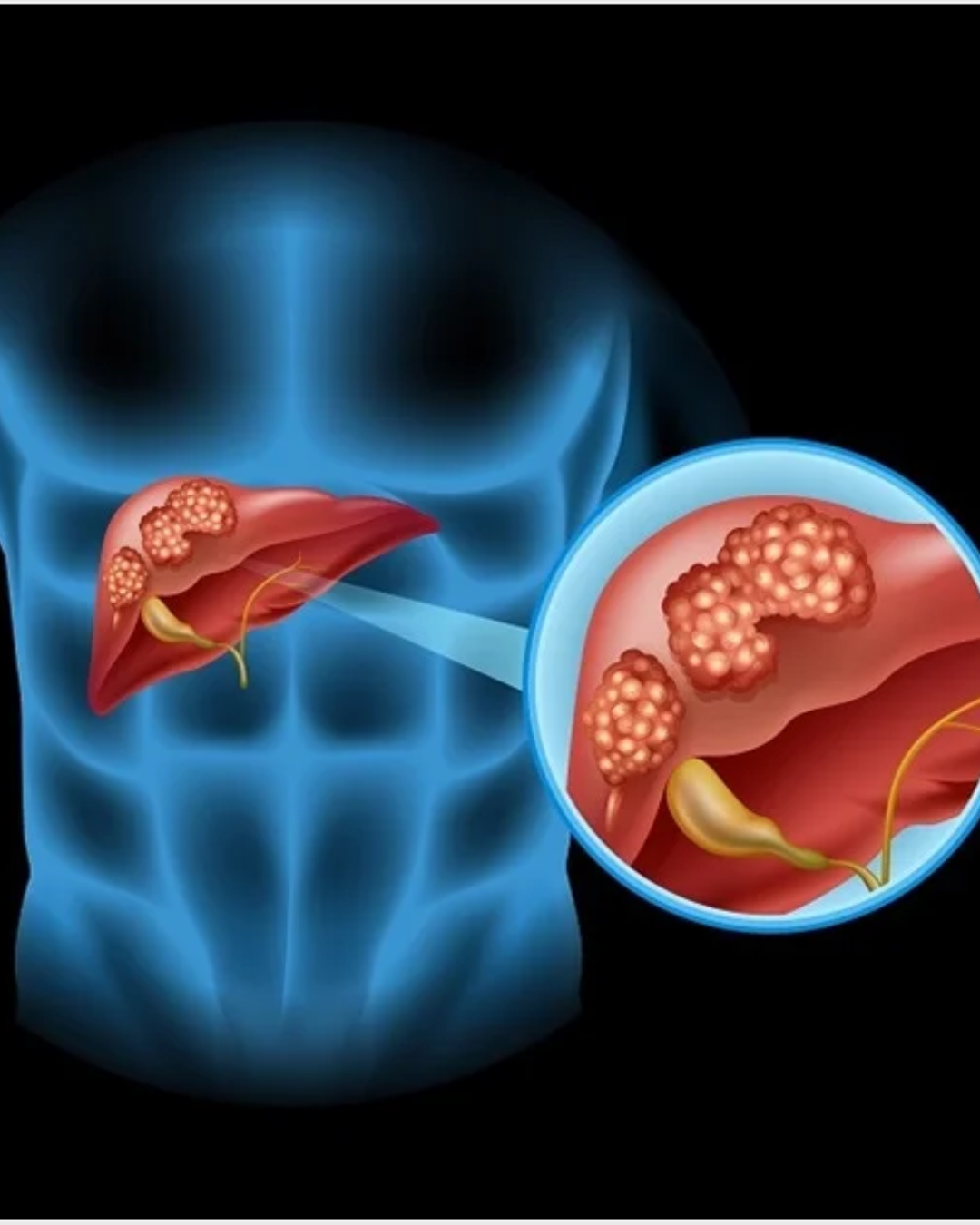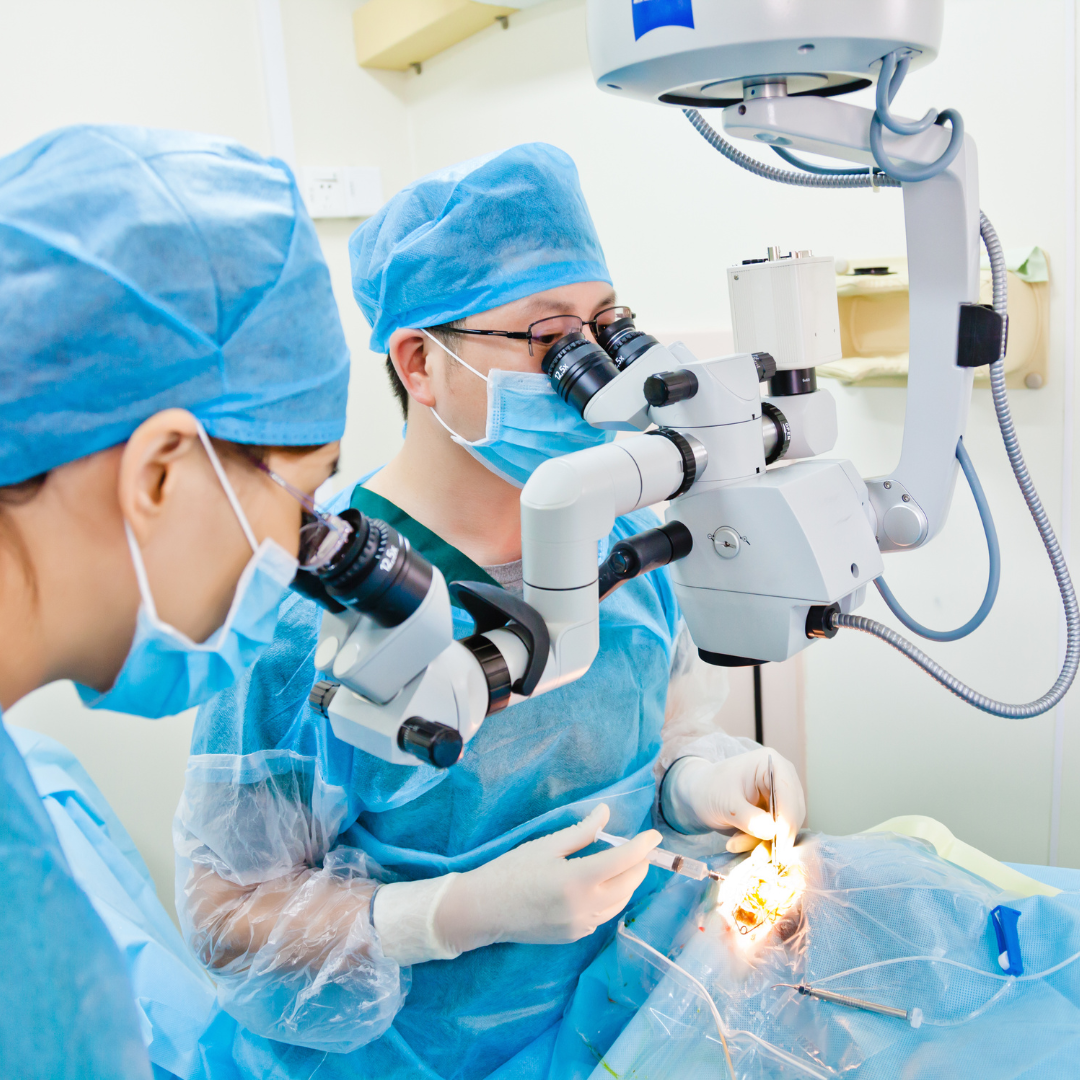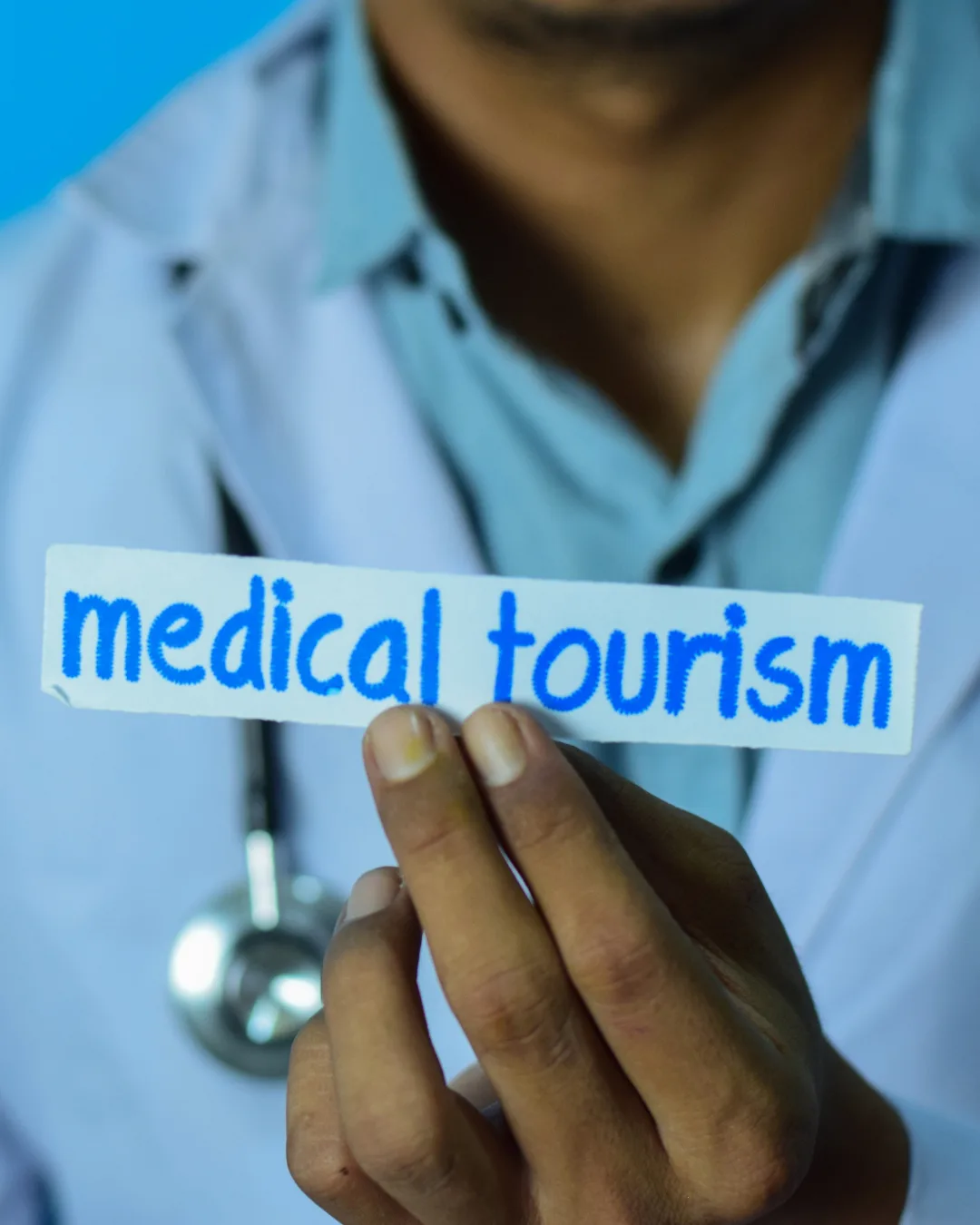Introduction
Rheumatic Heart Disease (RHD) is a serious heart condition that develops as a complication of untreated or poorly treated strep throat or scarlet fever caused by the bacteria Streptococcus pyogenes. The disease primarily affects the heart valves, leading to their damage and scarring, which can impair heart function. RHD commonly affects children and young adults, especially in regions with limited access to healthcare. Symptoms may include fatigue, shortness of breath, chest pain, and swelling of the legs. If left untreated, it can lead to heart failure or stroke. Early diagnosis and treatment, including antibiotics to treat strep throat, as well as medications or surgery for valve repair, are essential for managing and preventing the progression of the disease. Public health measures to prevent infections are crucial in reducing the incidence of RHD.
Cost Comparison
The cost of rheumatic heart disease treatment varies widely anywhere in the world, depending on the hospital, the stage of cancer, the type of treatment, the number of therapy sessions required, the patient’s overall health condition, post-operative complications and care, etc. The average cost of rheumatic heart disease in India is USD $6000.
But be assured as the cost of Rheumatic Heart Disease in India is just a fraction of developed nations.
- Avg Cost of treatment - $6000
- Maximum cost of treatment - $13000
Factors affecting Cost of treatment
The cost of treating Rheumatic Heart Disease (RHD) in India can vary due to several factors. Here are some key factors that affect the cost:
-
Type and Severity of Treatment: The treatment approach (medication, surgery, or valve replacement) and its complexity significantly impact the cost. Surgical procedures like valve repair or replacement tend to be more expensive than conservative treatments like antibiotics and anti-inflammatory medications.
-
Doctor's Expertise: The experience and reputation of the healthcare professional performing the treatment can influence the cost. Renowned specialists charge higher fees for their services.
-
Diagnostic Tests: The cost of diagnostic tests such as echocardiograms, MRIs, and blood tests adds to the overall treatment expenses. The more comprehensive the diagnostics, the higher the cost.
-
Post-treatment Care: Post-surgery care, including hospitalization, rehabilitation, follow-up visits, and long-term medication, adds to the cost. Extended recovery or complications may further increase expenses.
-
Patient's Health Condition: Pre-existing health conditions or co-morbidities can complicate treatment and increase medical costs. Patients with other health issues, such as diabetes or hypertension, may require additional care.
-
Insurance Coverage: Whether the patient has medical insurance and the extent of coverage will also determine out-of-pocket expenses.
-
Choice of Medical Equipment: The use of high-end medical equipment, such as advanced heart valves for surgery, can increase the overall cost of treatment.
-
Duration of Hospital Stay: Longer hospital stays due to complications or slower recovery may significantly increase the cost of treatment.
-
Technological Advancements: If the hospital employs the latest treatment techniques, such as minimally invasive surgery, it could raise the cost compared to traditional surgical methods.
Understanding these factors can help patients plan and manage the expenses related to Rheumatic Heart Disease treatment in India.
Treatment options
Treatment options for Rheumatic Heart Disease (RHD) in India typically depend on the severity of the condition and the specific complications affecting the heart. Here are the primary treatment options:
1. Medications:
-
Antibiotics: To prevent further infections and manage strep throat (which causes rheumatic fever), patients are often prescribed long-term antibiotics such as penicillin.
-
Anti-inflammatory drugs: Medications like aspirin or corticosteroids may be used to reduce inflammation in the heart and other organs during an active episode of rheumatic fever.
-
Diuretics and ACE inhibitors: These are used to control heart failure symptoms by reducing fluid build-up and improving heart function.
-
Anticoagulants: To prevent blood clots, especially in patients with atrial fibrillation.
2. Surgical Interventions:
-
Valve Repair: In cases where the heart valves (usually the mitral valve) are severely damaged, surgeons may perform valve repair to restore normal heart function.
-
Valve Replacement: If the valve is too damaged to repair, a valve replacement surgery may be necessary. The damaged valve is replaced with either a mechanical valve or a biological valve (from animal tissue).
-
Open-heart Surgery: In cases of severe damage, such as heart failure or severe valvular defects, open-heart surgery may be performed to address the complications.
-
Balloon Valvuloplasty: A minimally invasive procedure where a balloon is inserted through a catheter to widen narrowed heart valves.
3. Endocarditis Prevention and Treatment:
-
Long-term Antibiotic Therapy: Patients with RHD are often given long-term antibiotic therapy to prevent bacterial endocarditis, an infection of the heart's inner lining.
-
Prophylactic Antibiotics: For patients undergoing surgery or dental procedures, antibiotics may be prescribed to prevent infective endocarditis.
4. Cardiac Monitoring and Follow-Up Care:
-
Echocardiography: Regular echocardiograms are used to monitor heart function and detect complications such as valve stenosis or regurgitation.
-
Electrocardiograms (ECG): ECGs are often used to monitor the heart's electrical activity and identify irregular rhythms such as atrial fibrillation, which may develop in RHD patients.
5. Management of Heart Failure:
-
Lifestyle Changes: Modifications such as reducing salt intake, maintaining a healthy weight, and managing stress can help improve symptoms of heart failure.
-
Pacemaker Implantation: In cases where heart rhythms become irregular due to RHD, a pacemaker may be implanted to regulate the heart's electrical activity.
6. Advanced Therapies (For Severe Cases):
-
Heart Transplantation: In cases of end-stage heart failure that cannot be managed by other treatments, a heart transplant may be considered as a last resort.
7. Palliative Care:
-
For patients who do not respond to other treatments or have end-stage heart failure, palliative care may focus on improving quality of life by managing pain and providing comfort.
India offers a wide range of treatments for RHD, from conservative management with medication to complex surgical interventions. The country’s advanced healthcare infrastructure and skilled cardiologists ensure that patients with RHD receive comprehensive care suited to their needs.
How Medotil Global Assists International Patients
Medical Visa Assistance
- Guides patients through the process of obtaining a medical visa for India.
- Provides necessary documentation support, such as invitation letters from hospitals.
Accommodation Arrangements
- Helps secure comfortable and affordable lodging near treatment centers.
- Offers a range of options, including guest houses, hotels, or serviced apartments.
Food Services
- Assists in arranging dietary preferences, including international cuisines and special diets for medical needs.
Transportation Support
- Provides airport pickup and drop-off services.
- Offers reliable transportation for hospital visits and local travel.
Hospital and Doctor Selection
- Recommends top hospitals and connects patients with experienced specialists in their specific condition.
- Ensures access to advanced medical treatments and technology.
Tourism Services
- rganizes visits to famous tourist attractions like the Taj Mahal, Jaipur, Kerala, and other cultural landmarks.
- Tailors travel plans based on patient preferences and recovery needs.
24/7 Support
- Provides round-the-clock assistance for any queries or emergencies during the stay in India.


